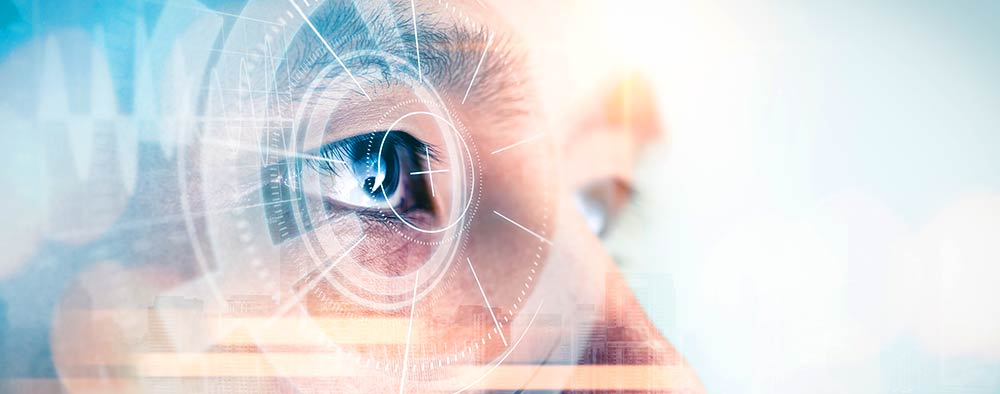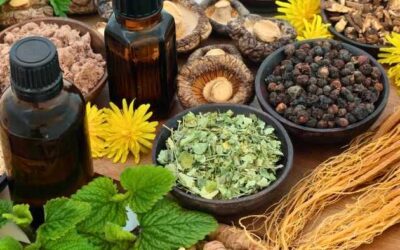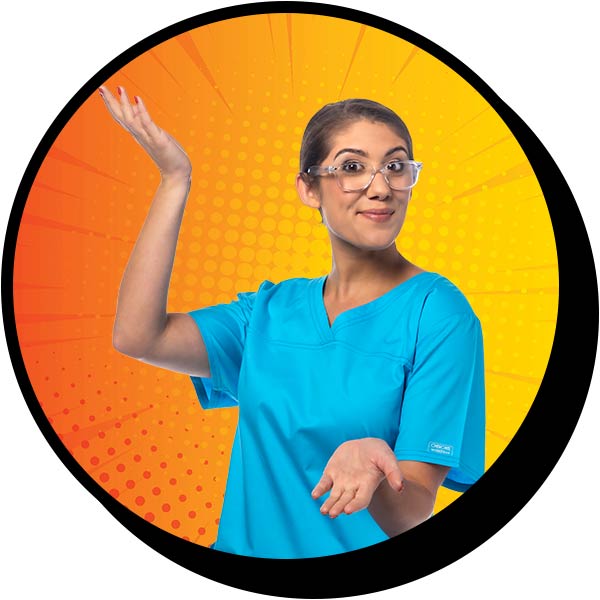by Brent Hearn •
Benjamin Franklin once noted that nothing is certain except death and taxes. You could make a pretty good argument for adding “an eventual need for corrective lenses” to that list. Maybe it was just too many words; Ben probably wouldn’t have wanted to ruin his flow in a quote about the Constitution. (True story—look it up!)
Side note: Why is it onlybadthings that are guaranteed? Wouldn’t it be nice if the adage were something along the lines of, “Nothing is certain but cake and back rubs”? But I digress. What were we talking about again? Ah, yes. Vision! Without further ado, here are a few facts related to being nice to the ol’ peepers!
A healthy diet can’t hurt (and might help) your vision.
If you grew up being told to eat carrots because they’re good for your vision, you’re not alone. I couldn’t hazard a guess at how many children over the decades have watched, mesmerized, as Bugs Bunny munched on carrots like they were candy, but I’m sure many a mom has silently thanked Warner Brothers for giving them some extra “eat your vegetables” ammunition.
But is there any truth to the argument that eating carrots will help your vision, or is it just a ploy by Big Carrot to sell more rabbit food? Well, I can’t speak to what happens in the shadows at multinational vegetable conglomerates, but it turns out there’s some truth to carrots being good for your eyes (with some caveats).
The beta-carotene in carrots is converted to vitamin A, which is essential for good vision. Mind you, it’s not as simple as, “Eat a lot of carrots and you’ll see great.” For one, if you’re getting enough vitamin A from other sources, a surplus might not do any good. After all, other foods are high in beta-carotene too—butternut squash, sweet potatoes, cantaloupe, red peppers, and spinach, just to name a few. Also, a surplus of unconverted beta-carotene may turn parts of your skin an orangish hue, a condition known as carotenemia. (It’ll go away once you ease up on the beta-carotene, but still…probably not the look you’re going for.)
Vitamin E, vitamin C, lutein and zeaxanthin (often a package deal), and omega-3 fatty acids can also contribute to good eye health. If you’re thinking these are nutrients that show up on other “foods that are good for you” lists, you’re not wrong. This makes it easy: just focus on having a varied diet full of generally healthful food—with an emphasis on colorful, crunchy veggies—and you’ll likely be eating foods that are good for your vision.
Exercise may help prevent eye damage.
You probably already know there are a metricwow-ton of benefits associated with exercise. You may not know that one of those may be the prevention of eye damage. (There’s a heavy emphasis on “may” since more research still needs to be done.) In short, exercise may help to prevent an overgrowth of blood vessels that occurs in eye conditions like age-related macular degeneration (AMD).
Don’t skip the annual eye exam.
Especiallyif you’re over 40. Andespecially, especiallyif you have a family history of glaucoma or other vision-threatening conditions. Early detection and treatment are important, so go read those letters!
Sources:
AARP:6 Best Vitamins for Eye Health
American Academy of Ophthalmology:Could Exercise Help Prevent Eye Damage?
Britannica:Can Eating Too Many Carrots Make Your Skin Turn Orange?
Cleveland Clinic:11 Foods Full of Beta-Carotene and Their Health Benefits
Glaucoma Research Foundation:Three Steps to Better Eye Health in 2021
National Constitution Center:Benjamin Franklin’s last great quote and the Constitution
Scientific American:Fact or Fiction?: Carrots Improve Your Vision









 ▶︎
▶︎  Why is the Discount Challenge prize amount $15,024? Because that is the average “per-occurrence” fine for Medicare inducements. That’s not $15,024 per patient, that’s not per provider, that’s PER VISIT. Stinks, doesn’t it? To us, the prize amount is worth the investment if we can help our profession better understand proper discounting.
Why is the Discount Challenge prize amount $15,024? Because that is the average “per-occurrence” fine for Medicare inducements. That’s not $15,024 per patient, that’s not per provider, that’s PER VISIT. Stinks, doesn’t it? To us, the prize amount is worth the investment if we can help our profession better understand proper discounting.